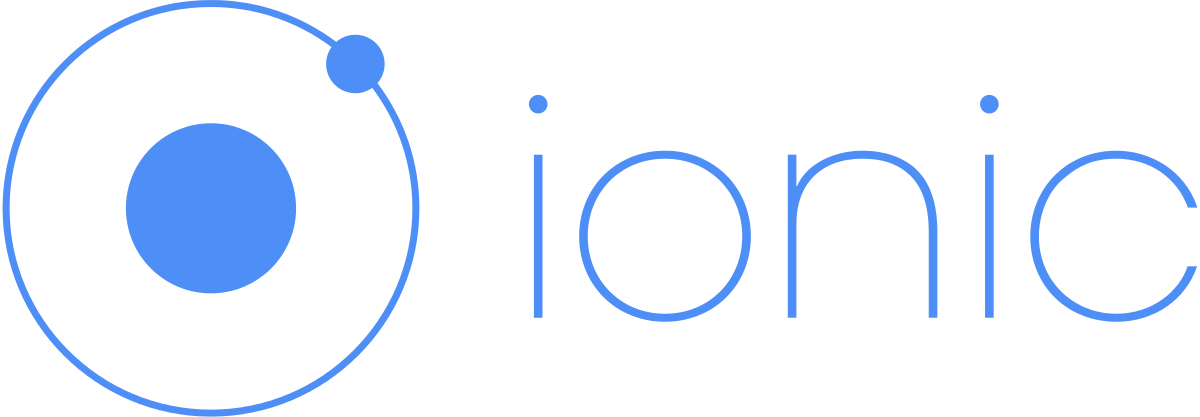
Developers at Pace Wisdom continue to deploy the Ionic Mobile Application Development platform to create new hybrid mobile applications. This platform presents cutting edge ways to develop applications that perform better when compared to HTML5 based applications. Ionic applications require a native wrapper such as PhoneGap or Cordova to function in a native environment.
Ionic As An App Development Platform
Free & Open Source
- 100% free & open source project
Fully Cross-Platform
- Easily build progressive web or native apps for all app marketplaces.
Premier Native Plugins
- A large variety of native device plugins are integrated with Ionic such as Bluetooth, HealthKit, FingerPrint Auth, Cordova & PhoneGap plugins and TypeScript extensions for code verification.
First-class Documentation
- Built with real app examples, component demos, guides, and how-to’s to get you up and running with mobile apps faster than ever before.
Why does Pace Wisdom Recommend the Ionic Framework?
The Ionic framework has a similar functionality to CSS,
Ionic can reduce the need in rewriting a code and Ionic can be integrated into Angular JS so that the code structure can be easily set.
Cutting edge Ionic characteristics ensure advance, interactive and cost effective applications.
Application development can be based on HTML, CSS and JavaScript.
AngularJS is integrated with the Ionic platform.
Ionic frameworks reduce the time taken to build hybrid mobile applications.

Advantages of the Ionic Framework
The Ionic platform is in built with a variety of functionalities that are integrated with native mobile development SDKs.
Ionic as a framework is founded on Syntactically Awesome Style Sheets (SASS) and this feature assists developers to construct highly immersive applications with various UI components and rich media elements.
Developers can code for advanced mobile applications apps that could be customized for both Android as well as iOS app stores.
The Ionic framework is also integrated with mobile components, typography, interactive paradigms and an extensible base system.
Ionic as a platform provides developers with a cutting edge command-line interface (CLI). This advantage associated with Ionic helps developers to integrate Cordova plugins and required front-end packages, enable push notifications, generate app Icons and Splash screens, and build native binaries.
Apart from Android and iOS platforms, Ionic as a framework also supports the Windows Phone environment.